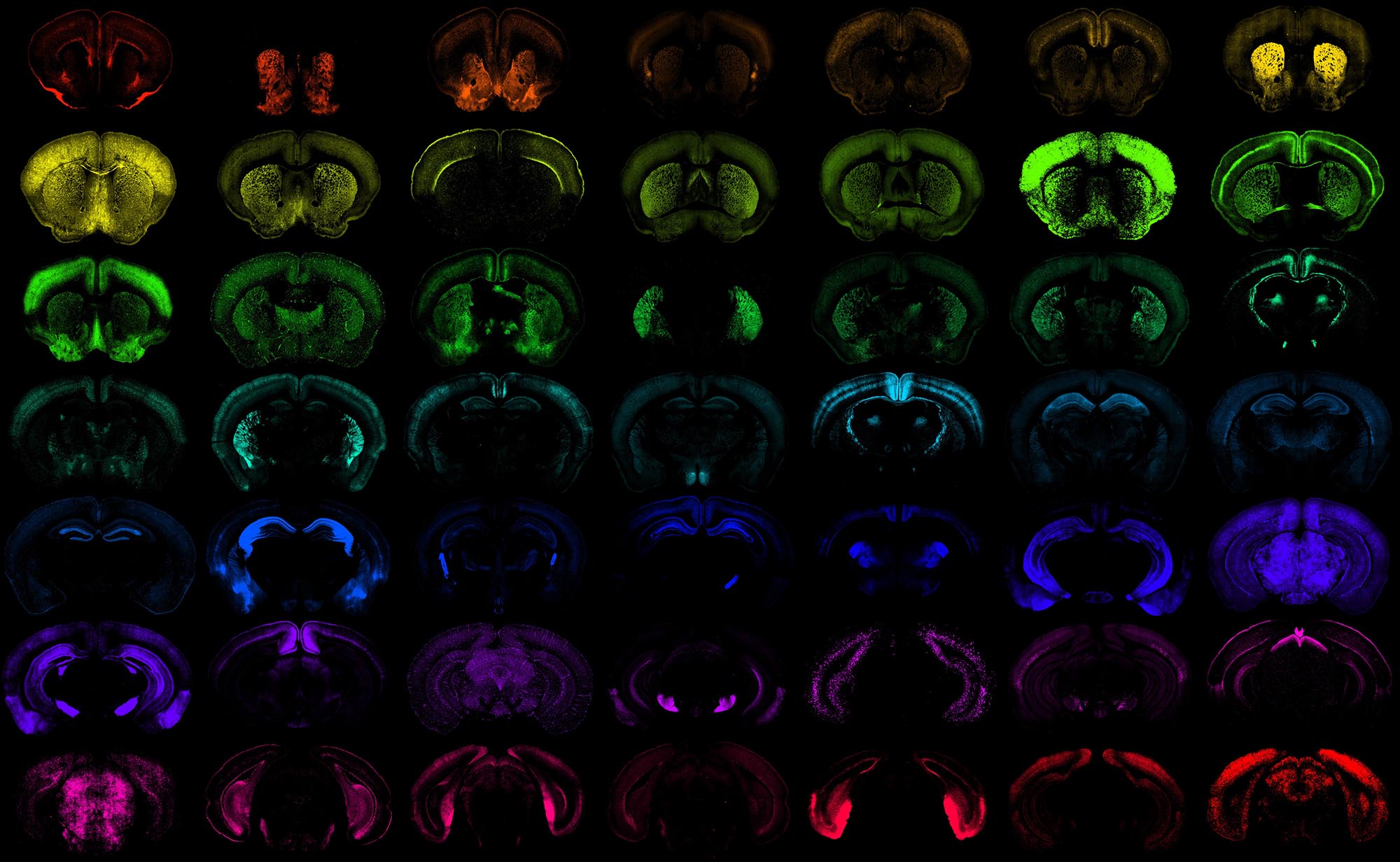
Researchers have introduced a new method using poly-metabolite scores to evaluate dietary patterns, a development that could significantly enhance the reliability of nutritional epidemiology research. These scores, based on blood metabolites, may serve as objective biomarkers for dietary intake, offering a powerful alternative to traditional self-reported dietary assessments.
Self-reported food intake data, commonly used in large population studies, often suffer from problems like recall bias and inaccurate reporting, which hamper the ability to establish strong associations between diet and disease risk. The newly developed poly-metabolite scores aim to overcome these challenges by providing quantifiable biological evidence of dietary patterns.
The method works by analyzing metabolomic profiles found in blood samples. From these profiles, researchers derive scores that correlate with the consumption of specific foods or adherence to particular dietary patterns. Once validated, these scores could become a vital tool for researchers studying the links between nutrition and chronic diseases such as heart disease, diabetes, and cancer.
The development represents a step forward in precision nutrition—a field aiming to tailor dietary recommendations based on individual biological markers. By minimizing uncertainty around food intake data, poly-metabolite scores may not only strengthen research conclusions but also improve public health recommendations.
Further validation studies in diverse populations are now underway to understand how well these scores perform across different age groups, sexes, and ethnic backgrounds. Scientists hope that, once fully implemented, this new approach will enhance the accuracy and reproducibility of diet-related health studies worldwide.
Source: https:// – Courtesy of the original publisher.








